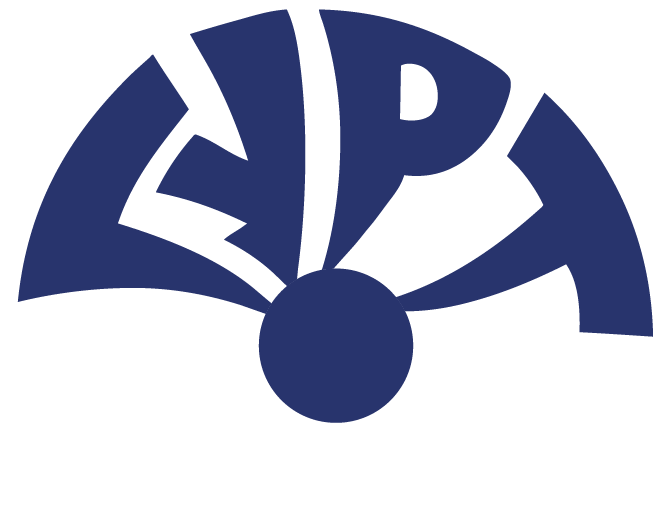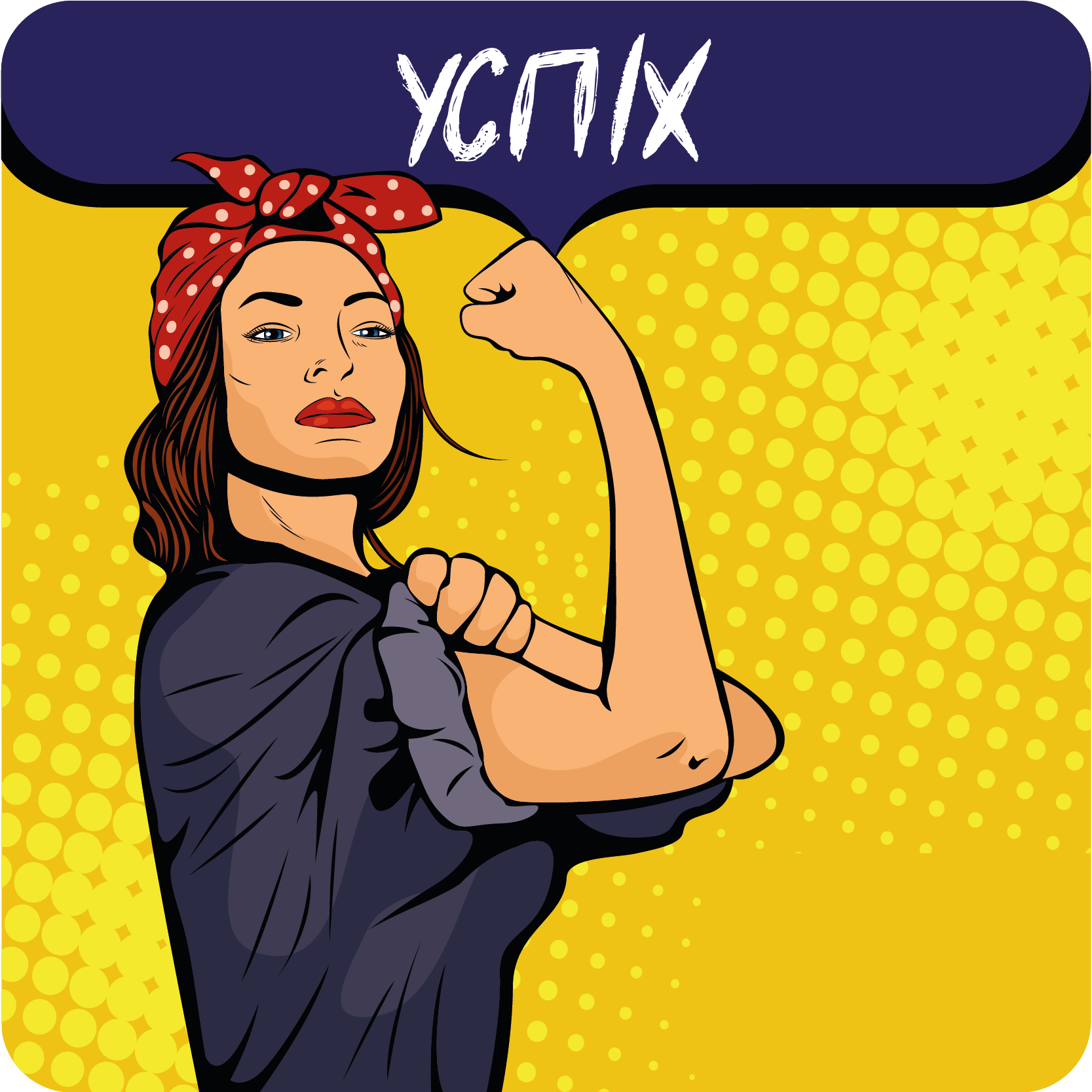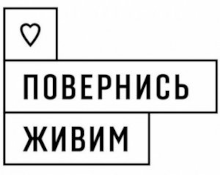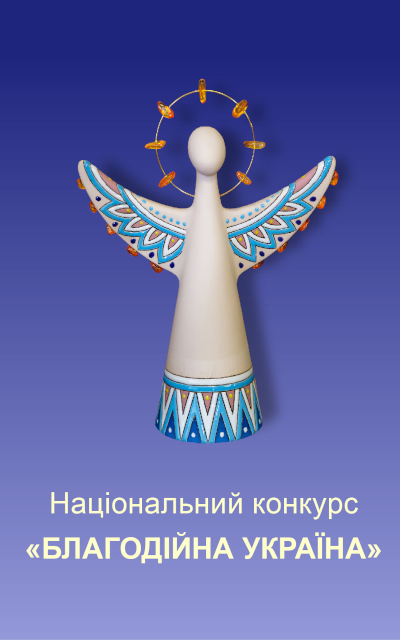


Технічне завдання з підготовки онлайн курсу для вчителів із психосоціальної підтримки
12.10.2022
TERMS OF REFERENCE
for
CALL FOR PROPOSALS:
PREPARATION OF THE ONLINE TEACHER TRAINING COURSE ON PSYCHOSOCIAL SUPPORT
The project Finland’s Support to the Ukrainian Education Reform, known as “Learning Together”, seeks to enter into a contract with a qualified and experienced service provider, a private company or other relevant organization, to design and prepare an online teacher training course on psychosocial support as described in this Terms of Reference.
Background
The project Finland’s Support to the Ukrainian School Reform (“Learning Together”) is a multi-year development co-operation project (2018-2023), which is funded by the Ministry for Foreign Affairs of Finland and the EU. The Project is implemented by FCG Finnish Consulting Group Ltd (former FCG International). The project is supporting the New Ukrainian School (NUS) reform in the sphere of primary and general secondary education. The project contributes to three interlinked result areas: Improving teaching and administration in schools (Cluster 1); education promotion (Cluster 2); and improving learning environments (Cluster 3). Inclusive Education for All is a crosscutting approach.
After the Russian invasion of Ukraine on 24th February 2022, millions of Ukrainians – women, children and elderly people – were forced to leave their homes, and they are now internally displaced in safer regions of Ukraine or abroad. School education is continuing with necessary adjustments. However, adults and children are suffering from the trauma of war. The provision of psychosocial support to children has become a priority area of assistance. The MoES sectoral working group’s thematic meeting on psychosocial support and care took place online on 14th April 2022 and the coordination of initiatives among diverse national and international agencies and programmes, including the project “Learning Together”, was established.
Scope, objective and schedule of the assignment
This Terms of Reference (TOR) describes the assignment, which focuses on the preparation of an online teacher training course on psychosocial support, and the instructions for submitting proposals. This is a joint activity of the “Learning Together” Clusters 1 and 3.
The objective is to design and prepare a modular online course, the purpose of which is to equip teachers – primary and basic secondary school teachers – with the competencies necessary for providing basic psychosocial support to themselves, students incl. students with special educational needs, and parents.
Schedule: The estimated duration of the assignment will be approximately 4 months (preparation, conducting and reporting) starting from the commencement date of the work. The work is expected to start by mid-November 2022.
Requirements for the expected output
- The expected output deliverable – Online teacher training course on psychosocial support - is intended to be flexible for self-studying in terms of online delivery and enrolment.
- When a teacher completes the entire modular course, a certificate will be issued (1 ECTS credit – 30 study hours).
- The online course should be developed based on the 15-webinar programme on psychosocial support, which the project “Learning Together” delivered to the teacher trainers in ITTIs in 2022. Accordingly, the structure of the online course should consist of 4 modules organized around 14 themes (see Annex 1[1]).
- The content of the online course should be validated with a needs assessment by the Service Provider.
- Learning materials for each of the 14 themes should consist of: (i) a video, (ii) additional information to the theme and (iii) 3-4 testing questions for self-assessment. The course participants should be able to use them several times.
- The online course should include a final test with 20 testing questions. Each question should have several answers (3-5 depending on the questions), where one or two answers will be correct ones. The maximum scores of the successful testing result = 100 scores. Participants will receive a certificate when they get at least 50 scores and more.
- The online course should include an interactive forum, where participants can share their comments and communicate among themselves.
- The online course should include an online feedback form, which allows to collect participants` feedback on the positive aspects of the course as well as aspects with improvement needs. Such a form will be useful for further development of similar training products.
Methodology and work plan
Modern learner-centered pedagogical approach and good practices of self-study online learning should be applied in the design and preparation of the online course.
The Service Provider’s work plan should include at least the following activities with a personnel plan:
Stage 1. Preparatory phase
- inception meeting
- review of the existing plan with resource materials, and other relevant online products
- needs assessment to confirm the contents of the course to be developed
- based on findings, finalization of the online course outline and map, work plan and personnel plan, methodology, tools, and budget
- schedule: month 1
Stage 2. Detailed design and preparation of the online course
- development of the detailed online teacher training course structure & action plan
- identification of additional resources as needed
- preparation of the online course and study materials
- schedule: tbc
Stage 3. Approval of the online course deliverable and final reporting
- finalized online course deliverable and Final Report
Milestone deliverables
• Inception report (Stage 1)
• Detailed online teacher training course structure and action plan & Study materials (Stage 2)
• Finalized online teacher training course product & Final Report (Stage 3)
English is the reporting language excluding the online course product and its study materials, which will be provided in Ukrainian language only.
Service Provider
The Service Provider will be in charge of (i) the design, resourcing and preparation of the online teacher training course as well as for (ii) the management, team leadership and reporting of the assignment. The Service Provider may be a private company or other relevant organization.
The Service Provider should have relevant verified human and technical capability with successful track records of similar assignments.
The Service Provider will identify a Project Manager and other Expert Team members to deliver the assignment.
The detailed requirements for a Service Provider and Expert Team are described below under “Requirements for submitting proposals: Evaluation criteria”.
Contracting and reporting
Contracting parties: FCG Finnish Consulting Group (Contractor) representing the project “Learning Together” and the Service Provider (Consultant), which will be selected through an open call for proposals.
Reporting: The Service Provider will work under the supervision of and report to the “Learning Together” Chief Technical Advisor. The “Learning Together” project management team will approve the milestone deliverables. The actual work will be guided and assisted by the “Learning Together” Advisory Team consisting of expert staff in Clusters 1 and 3.
Note: An option for extended procurement of similar services will be included in the contract, but it does not oblige the Contractor. Additional service needs to be within the “Learning Together” action plan and concern the preparation of online training materials for teacher professional development under Clusters 1 and 3. The realization of extended procurement would be conditional, based on an amendment to this contract. The price of services should remain on the same fee rate level.
Budget and the terms of payments
The maximum budget for the assignment isEUR 32,000.00. The price of the services, details of the assignment, terms and conditions will be specified in the service contract between FCG Finnish Consulting Group Ltd (Contractor) and the Service Provider (Consultant).
Budget line for the procurement of services: C1.02.02
Payments will be made in phases: Advance payment (30 %) upon signing the contract, the next payments upon the approval of the key deliverables by the “Learning Together” management team. All payments will be made against the Service Provider’s invoice and supporting documents. The payment milestones and sums will be confirmed in the service contract.
Guiding principles
Manual for Bilateral Programmes by the Ministry for Foreign Affairs, revised version 2018 https://um.fi/publications/-/asset_publisher/TVOLgBmLyZvu/content/manual-for-bilateral-programmes is applied in the planning and implementation of this assignment. This manual is applied in all cooperation that has been agreed between Finland and Ukraine.
Mandate
The Service Provider is expected and entitled to discuss issues relevant to the assignment with relevant parties, government authorities and other relevant organizations and individuals, but the team does not have any mandate to make commitments on behalf of the government authorities in Ukraine and Finland or on behalf of the Contractor FCG Finnish Consulting Group especially.
INSTRUCTIONS TO TENDERERS
Requirements for submitting proposals
The written proposal should be in English and include the following documentation as separate pdf-files:
1) Technical Proposal of no more than six (6) pages including: strengths of the Service Provider (capability statement incl. similar reference projects), comments on the Terms of Reference, proposed approach and methodology, work plan with timelines, proposed key experts with roles and main duties.
2) Price Proposal (EUR): The cost breakdown should include two (2) separate sections: “Expert fees” and “Other expenses”. Fees of the proposed experts should be presented with “unit item” (working-day or working-month), “unit price” (daily or monthly fee in EUR), “number of units” (working-days or working-months) and “total fee in EUR”. Other expenses should be broken down according to the Technical Proposal and work plan.
3) CVs of the proposed experts: Project Manager and other key experts.
4) Official documents confirming the status of the organization and a document confirming the financial capabilities (annual statement of cash flows and statement of financial results) of the organization.
5) Copies of registration documents (including copies of certificates of registration of legal entities that the participant plans to attract for the provision of services, a copy of the tax certificate; an extract from the Charter indicating the activity).
Other relevant supporting materials may be provided as appendices.
Evaluation criteria and procedure
The eligible proposals, which have been received in a timely manner, will be evaluated based on Quality (90%) and Price (10%).
The Quality of the proposals will be evaluated based on the following:
- Technical proposal
- Relevance and efficiency of the proposed approach, methodology and work plan
- Creative elements of the proposed online course concept
- Comments on the Terms of Reference (understanding of the assignment)
- Service Provider’s Organization – capability to perform the assignment successfully will be evaluated based on:
• previous experience in similar assignments; at least one reference assignment of successful self-study online course preparation in connection with the education sector (with the name and contact detail of the client’s reference person)
• availability of human and technical resources and tools for the assignment; proposed solution for sustainable delivery and maintenance of the target online course
• previous experience in design and conducting of needs assessments
• previous experience of working in international projects
- Service Provider’s Expert Team qualifications (based on the CVs)
• The Project Manager should have proven professional experience in the leadership and coordination of successful online course production/s; experience in project management and reporting.
• All the expert team members should have complementary knowledge, skills and experience in a teacher’s work and school pedagogy, adult training, (self-study) online course design and technical preparation, specific content of the target online course; excellent interpersonal, oral and written communication skills in Ukrainian and English (English skills mandatory for the Project Manager, an asset for others). At least a bachelor’s degree in relevant fields is preferred for the Project Manager and pedagogical key experts. Knowledge of the New Ukrainian School reform is an asset.
Online interview: The best ranked 2-3 tenderers will be invited to an online Zoom interview, which includes the brief presentation of the proposal by the team (15 minutes), questions and answers (15 minutes). A team of max. 3 persons, including the proposed Project Manager, will represent each proposal. The presentation and discussion will be carried out in English. The tenderers will be informed of the schedule in advance.
Schedule for submitting proposals
The procedure and schedule are as follows:
- Interested service provider candidates are requested to confirm in writing their participation in the tender to [email protected] until 17 October 2022.
- Written requests for further clarification concerning the tender should be sent to [email protected] until 20 October 2022.
- All written answers to the clarification requests received in time will be distributed by 22 October 2022 by [email protected] to all the service provider candidates who have confirmed their participation in the tender in a timely manner.
- The final proposal (Technical Proposal, Price Proposal and other requested documents as separate files) shall be submitted by 25 October 2022 (until 23:59) to the email addresses: [email protected] and [email protected]. The title of the proposal submission email: “Proposal – Online course of psychosocial support”.
Please note that all communication should be in writing and in English.
Further instructions concerning the tender will be provided only through the email addresses [email protected] and [email protected].
Annex 1. The tentative structure of the online teacher training course on psychosocial support (based on the webinar programme piloted in 2022)
|
# |
Modules (4) and themes (14) |
List of materials to be prepared |
|
|
Module 1. Psychosocial support. Stress. Trauma, resilience, the first psychological aid for teachers. |
|
|
|
Introduction to the course Introduction of the participants |
Forum
|
|
1. |
Biology and psychophysiology of stress. How the brain works. |
One video One annex 3-4 testing questions |
|
2. |
Stress and trauma: differences. Painful reaction to stress. PTSR and trauma. |
One video One annex 3-4 testing questions |
|
3. |
Zone of resilience. How to take care on your psychological resilience during stress? |
One video One annex 3-4 testing questions |
|
4. |
Complex emotions and feelings during a war. How to work with them. |
One video One annex 3-4 testing questions |
|
5. |
Self-help in difficult situations. |
One video One annex 3-4 testing questions |
|
Module 2. Psychosocial support of children |
||
|
6. |
Reacting to stress and trauma of children of different ages. |
One video One annex 3-4 testing questions |
|
7. |
The main rules of working with children during the war. How to help children to deal with anxiety and infinity? |
One video One annex 3-4 testing questions |
|
8. |
School as facilitating environment. System of children`s support trough adults. Inclusive educational environment. Building the community of learners. |
One video One annex 3-4 testing questions |
|
9. |
How to communicate with children during the war? |
One video One annex 3-4 testing questions |
|
10. |
Psychopedagogical techniques of working with children during the war (art-therapy, fairy-tales etc.) |
One video One annex 3-4 testing questions |
|
11. |
PTSR of children: what adults should know and do? |
One video One annex 3-4 testing questions |
|
Module 3. Working with parents |
||
|
12. |
Working with parents. How parents can support their children. How to protect psychic health of family? |
One video One annex 3-4 testing questions |
|
13. |
Parents as the main supporters for their children. How to talk to children about complex situations? |
One video One annex 3-4 testing questions |
|
Module 4. Professional learning communities: professional and psychosocial support. Technology of trainers` work |
||
|
14. |
Caring on teacher`s him/herself. Trainer`s support. Role of professional communities in providing peer support.
|
One video One annex 3-4 testing questions |
|
15. |
Methodology of delivering the training. Reflection. |
One video One annex 3-4 testing questions |
Контакти
- Margarita Biryukova
- [email protected]









Коментарі